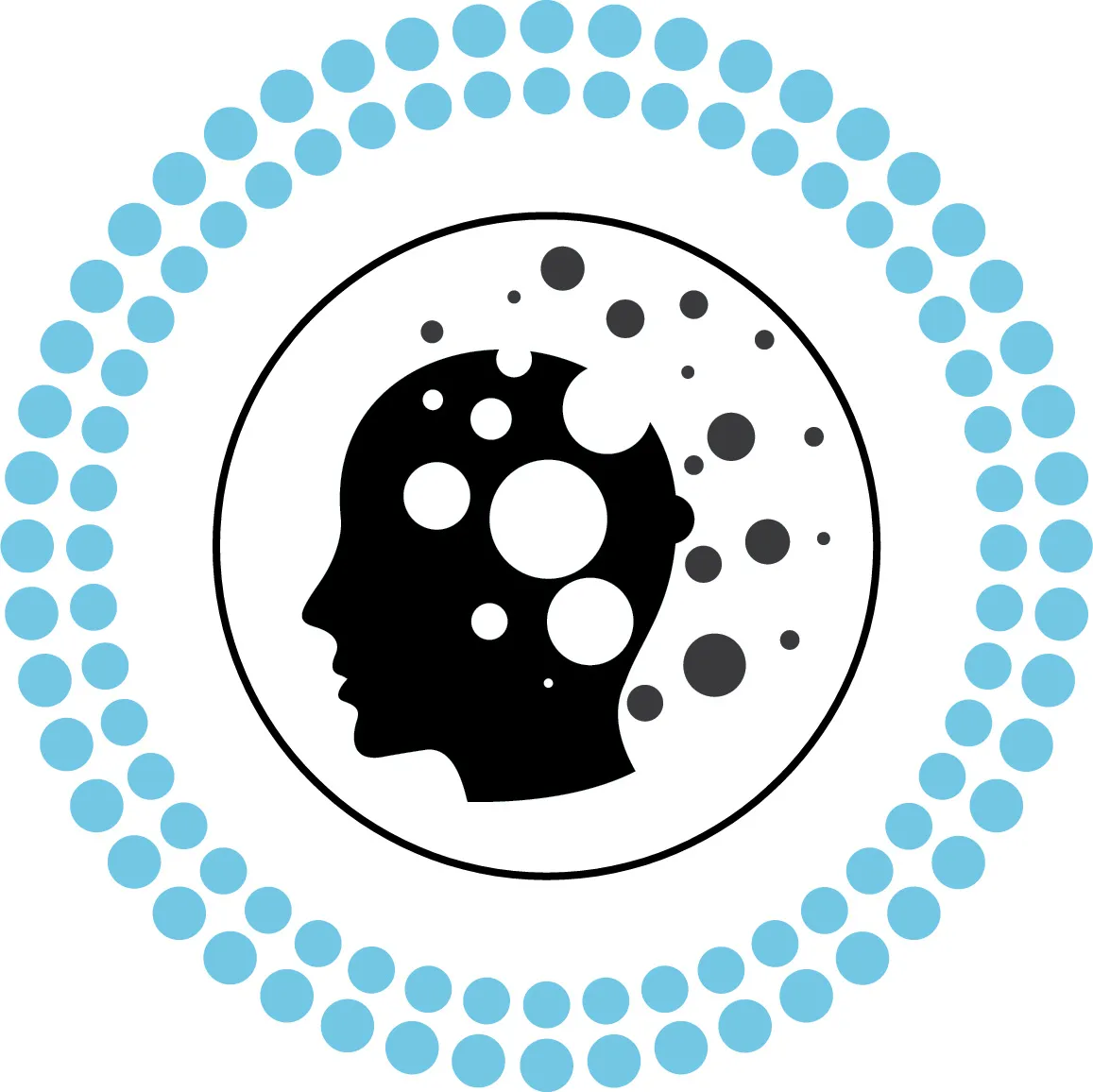Introduction
Childhood is a formative period in an individual’s life, and the experiences that one has during this time can shape their development in profound ways. Trauma, in particular, can have a significant and lasting impact on an individual’s emotional and psychological well-being. In this article, we will explore the long-term effects of childhood trauma on adult relationships from the perspective of Carl Jung, one of the most influential and respected psychologists of the 20th century.
The Shadow and Repressed Memories
Jung believed that the human psyche is made up of a number of different components, including the conscious ego, the personal unconscious, and the collective unconscious. One of the most important of these is the “shadow,” which represents the dark and repressed aspects of the self. Jung believed that the shadow is often projected onto others, and this can be seen clearly in the way that individuals who have experienced childhood trauma struggle to form healthy relationships in adulthood. They often repress memories of their traumatic experiences, but these memories continue to influence their behavior and relationships.
The Persona and Difficulty in Trusting
Another important aspect of the psyche that Jung identified is the “persona,” which represents the image that we present to the world. Individuals who have experienced childhood trauma often struggle to trust others and present a false self to the world. This can be seen in the difficulty they have in forming genuine connections with others, and in the ways in which they struggle to let others in emotionally. The trauma they experienced in childhood can make them wary of forming close relationships in adulthood, and this can lead to feelings of isolation and loneliness.
The Anima and Animus and Difficulty in Intimacy
Jung believed that the psyche is divided into masculine and feminine components, and that the feminine aspect is represented by the “anima” and the masculine aspect is represented by the “animus.” Individuals who have experienced childhood trauma often struggle with intimacy in their adult relationships. They may have difficulty in understanding and expressing their own emotions, and in understanding and accepting the emotions of others. This can lead to difficulties in communication and understanding within relationships, which can further contribute to feelings of isolation and disconnection.
Conclusion
Childhood trauma can have a significant and lasting impact on an individual’s emotional and psychological well-being, and this is particularly true when it comes to adult relationships. Carl Jung’s theories offer a valuable perspective on the ways in which childhood trauma can shape an individual’s development and influence their relationships in adulthood. By understanding the shadow, persona, anima, and animus, we can gain a deeper understanding of the ways in which childhood trauma can contribute to difficulties in forming healthy relationships and in understanding and expressing emotions. It’s important for parents, educators, and mental health professionals to be aware of the potential long-term effects of childhood trauma and to offer support to those affected in their adult life.




